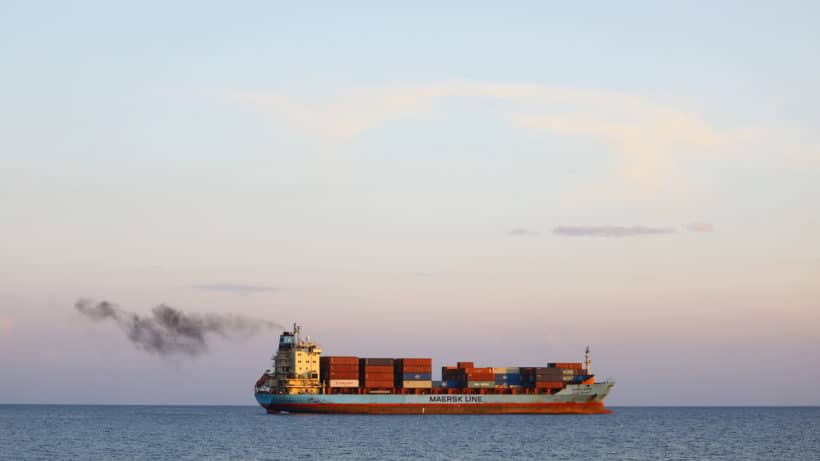
Danish shipping giant Maersk confirmed on Tuesday that its vessels due to transit the Red Sea and Gulf of Aden would take the Cape of Good Hope route around the south of Africa after a spate of attacks by Houthi militants from Yemen.
Along with a host of other firms, the company had previously announced a temporary pause on all travel through the passages. The Gulf of Aden runs along the southern coast of Yemen, while the Red Sea provides a key link between Asia and Europe via Egypt’s Suez Canal.
Germany’s Hapag-Lloyd on Monday announced its vessels would take the lengthier Cape of Good Hope route between the continents, citing an “unacceptable” safety risk after an attack on its ship, the Al Jasrah, in the Red Sea.
Around 30% of global container trade passes through the Suez Canal.
“The attacks we have seen on commercial vessels in the area are alarming and pose a significant threat to the safety and security of seafarers,” Maersk said in a statement provided to CNBC.
At least two ships were targeted with projectiles on Monday, according to official reports. Houthi leaders say they are pursuing Israel and all Israel-bound vessels as a result of the war in the Gaza Strip.
Maersk said that, after monitoring the situation since suspending the routes on Friday, it had decided all vessels currently on hold and previously scheduled to travel via the Red Sea would take the Cape of Good Hope.
The vessels will continue on diverted routes “as soon as operationally feasible,” the company added. As of Monday, Maersk said it had around 20 vessels stopped en route, around half of which are east of the Gulf of Aden. The remainder are located south of the Suez Canal in the Red Sea, or north of it in the Mediterranean Sea.
Decisions on future journeys will be made on a case-by-case basis, Maersk said, and could include diversions or “further contingency measures.”
The Cape of Good Hope route reduces an Asia-Europe trip’s effective capacity by 25%, according to analysts at UBS.
Market-watchers say the situation is likely to put pressure on global supply chains and drive up freight rates, as additional time for ships to reach their destination takes capacity out of the market.
But the shipping industry is currently in a state of oversupply following pandemic tightness, potentially easing overall supply chain disruption.
Some firms, including oil major BP, have so far only confirmed that Red Sea travel is on pause. BP declined to comment on potential reroutings when contacted by CNBC on Tuesday.
Amid the Red Sea turmoil, U.S. Defense Secretary Lloyd Austin on Monday announced the formation of an international taskforce, including the United Kingdom, Bahrain, Canada, France, Italy, the Netherlands, Norway, Seychelles and Spain, to “jointly address security challenges” in the region.
Details were not provided on what the countries have committed to or may provide. U.K. Defense Secretary Grant Shapps said Tuesday that the Royal Navy’s HMS Diamond, an air-defence guided missile destroyer, would join the task force.
The Italian defense ministry meanwhile said the Italian navy would send one of its frigates to help protect the route, Reuters reported.
The U.S. has already provided support in the region, shooting down dozens of Houthi drones targeting commercial ships.
Maersk said that it was “pleased to see global governments reacting promptly with joint efforts on international maritime security and capacity building in the area,” but that it remained difficult to determine when a return on the route would be possible for its vessels.

